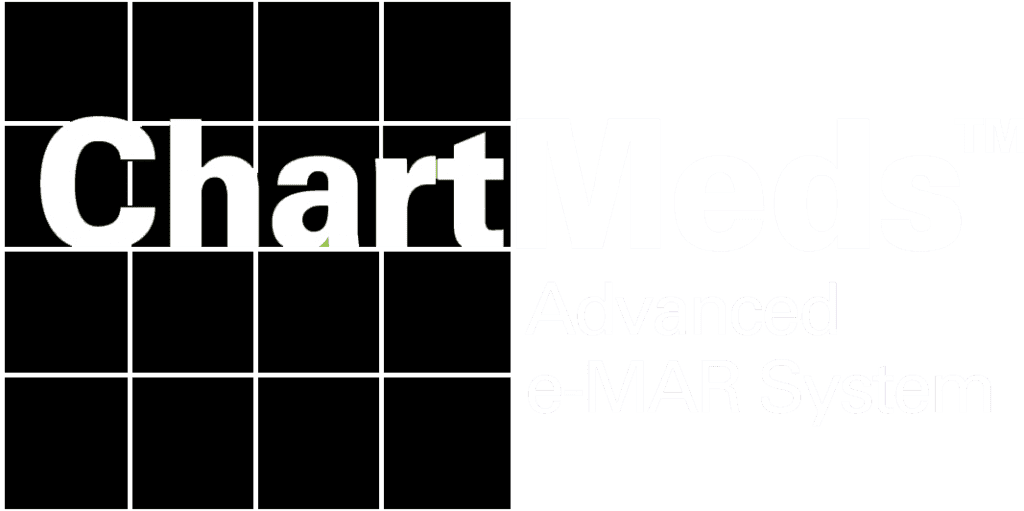Collectively, some 200,000 North Carolinians have reported use of illicit substances, such as cocaine, heroin or opioids in recent years.1 In 2017 alone, opioid abuse in particular accounted for nearly 2,000 overdose deaths in the Tar Heel state — the greatest number involving synthetic substances like fentanyl.2
With the North Carolina Opioid Action Plan – initiated in 2017 and updated in 2019 – the state has already seen positive turnaround results, including a 24% decrease in opioid dispensing, a 20% increase in the number of people in need receiving treatment, and a general decline in overdose visits to hospital emergency departments.3
Among the tools in North Carolina’s arsenal are Substance Abuse Intensive Outpatient Programs. SAIOPs are delivered by practitioners employed by Critical Access Behavioral Health Agencies that meet certain administrative, financial, clinical, quality and information services standards, processes and procedures.
Arguably, SAIOP success can be aided by local CABHA organizations’ use of an electronic health record, practice management and claims billing platform designed just for behavioral and mental health providers and further geared for substance abuse and addictions treatment.
Sources:
1 Substance Abuse and Mental Health Services Administration, National Survey on Drug Use and Health 2016-2017;
2 National Institute on Drug Abuse, North Carolina Opioid Summary, March 2019;
3 North Carolina Department of Health and Human Services, North Carolina’s Opioid Action Plan: Updates and Opportunities, August 2019.
Understanding the Challenge:
CABHAs provide many service types in a single location so clients can access a multitude of treatment, recovery and support options without needing to leave the agency. This allows such specialized substance abuse treatment organizations to offer a range of high-quality services and provide a total care setting for each client.
Such care is significant and able to support more of each client’s needs. However, this comes with a price in the form of increased paperwork and medical records requirements. By offering SAIOP services, CABHAs are in greater need of data privacy and security as well as clarity — for example, to limit the potential for medication concerns, interactions or even further substance abuse.
Choosing the Best-Fit EHR
Rising to the challenge, there are secure, Web-based and mobile EHR software offerings that not only overcome such concerns, but are proven in substance abuse and addictions treatment settings in North Carolina and elsewhere throughout the U.S. Such systems can help SAIOP providers further improve efficacy in their operations, while increasing payer reimbursement for services, enabling CABHAs to help yet more in need.
Whatever the services a SAIOP may offer, an EHR can allow CABHAs and others focused on treating substance abuse to more efficiently move clients through the entire continuum of addictions treatment using maximum automation — even capturing data from scanned driver’s license and insurance cards — and minimal duplicate data entry, saving time and reducing the incidence of error.
Where EHR data capture should be fast and retrieval easy, clinic administration should be robust yet flexible, allowing agencies to manage provider calendars and schedule services, as well as configure their SAIOP clinical assessments, forms, progress notes, services and billing to work the way their organization works. The right system will adapt to the CABHA, and grow with the SAIOP for years to come.
CABHAs that provide or perhaps contract for biochemical assays/drug screening or other such lab work will also want an EHR that can support computerized provider order entry (CPOE), capturing and reporting lab, test type, specimen and other information, including capability to associate the results to the client’s electronic medical record.
SAIOP clinicians authorized to provide prescriptions will further benefit from an EHR that supports e-Prescription and electronic medication administration (E-MAR), including such features as real-time validations against client allergies and interactions, formularies, electronic signatures, and data transmission to integrated pharmacies. e-Prescription is faster, easier and safer than paper or fax prescription.
For day-to-day practice management, such an EHR will additionally enable providers to monitor and report each client’s progress and episode history. Necessarily, the system should also help keep each individual involved in the treatment and recovery process on track with features such as client text/ e-mail reminders to reduce appointment no-shows, and a variety of agency/provider Dashboards as well as reports to increase service accountability and support external auditing.
A comprehensive EHR is not limited to medical and practice management records. The latest systems offer inline billing to increase cash flow and efficiency, while decreasing errors. Look for solutions with features such as support for the full variety of payers (Medicare/Medicaid, insurance, self-pay) along with claims clearinghouse integration, ERA/EOB processing, secure credit card processing, payments posting and follow-up management.
Any best-in-class system will meet stringent HIPAA compliance guidelines and, for SAIOP providers, should also help CABHAs meet U.S. FDA CFR 42 Part 2 standards for the confidentiality of drug and alcohol abuse treatment records. Incorporating records into a EHR, especially one offered in a Cloud/SaaS model with secure hosting, provides a more secure environment than a paper filing system.
Finding a Service Partner
Experienced software vendors will offer such services, along with value adds like system configuration, Web forms to meet unique requirements (of the CABHA, the SAIOP or even the local/ state government), custom workflows and triggers — for example, to support automated document review and approvals — training and ongoing support. Organizations should look for vendors that see CABHAs not as customers but partners.
Some, few, providers even offer billing services, allowing the SAIOPs who choose the option to outsource claims management to medical billing experts in the U.S. for the upmost data quality and protection and support. Such billing services can help CABHAs and other substance abuse treatment agencies lower their overall billing costs, while increasing cash flow, enabling greater investment in mission-critical client care.
Substance Abuse Intensive Outpatient Programs
North Carolina Substance Abuse Intensive Outpatient Programs offer structured individual and group addiction activities and services that are provided at an outpatient program designed to assist adults and adolescents with beginning recovery and learning skills for recovery maintenance.
- Individual Counseling and Support
- Group Counseling and Support
- Family Counseling, Training, Support
- Biochemical Assays/Drug Screening
- Relapse Prevention
- Life Skills
- Crisis Contingency Planning
- Disease Management
- IDD and Comorbid Treatment Support
- Case Management
Integrative is a Health and Human Services software company that provides innovative solutions to connect, collaborate and coordinate care, bill, report and manage services across and among Health and Human Services agencies, including Public Health, Behavioral & Mental Health, Early Intervention, Foster Care, IDD, Education, Justice & Correctional, Community Providers, and the patients and consumers which they serve. Integrative is a Harris Healthcare Company. Learn more at harrisintegrative.com.
